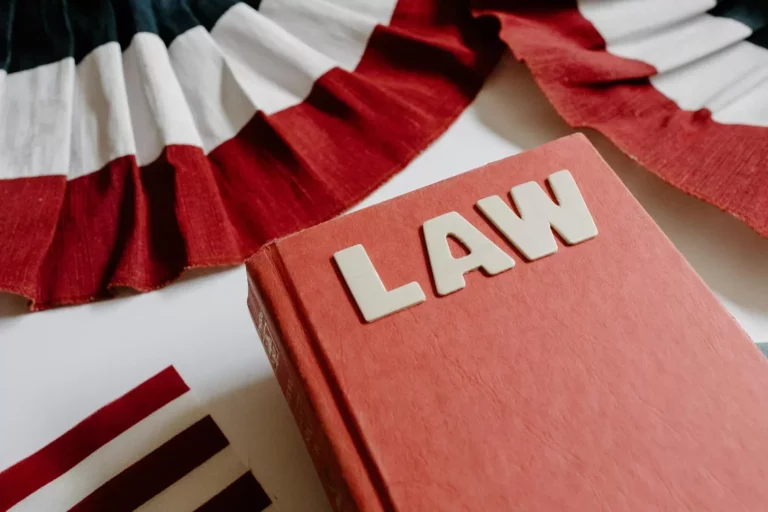No Custody Agreement: Can I Take My Child
Ever wonder what happens if there’s no custody agreement in place? Can you still take your child? At TheBostonDivorceLawyer, we answer these questions and more. Learn about your rights and options in this article.
As stated in most state laws, without a custody agreement in place, both parents have equal rights to their child. However, it is recommended to seek legal advice before taking any action.
Parental rights
When there isn’t a custody agreement, figuring out if a parent can take their child depends on several things. These include how close the parent and child are, what’s best for the child, and any past involvement of the parent. Without a custody agreement, both parents usually have equal rights unless there are special circumstances.
As far as I’m concerned, if one parent tries to take the child without the other parent’s permission, legal steps may be needed to protect the child. It’s important for parents to get legal advice in these situations to make sure the child’s best interests are looked after.
Legal implications
In this situation, the parent who physically has the child might be allowed to keep them until a custody agreement is made. However, the other parent might also have legal rights to the child.
Without a custody agreement, both parents could have equal legal rights to the child. So, if one parent takes the child without the other parent’s permission, it might be seen as parental kidnapping. This is illegal and can result in serious legal trouble for the parent who takes the child.
So to speak, if the parent who doesn’t live with the child wants visitation rights or custody, they may need to go to court to set up a formal custody agreement. This process can be complicated and might include mediation or court hearings to figure out what is best for the child.
It’s important for parents to know their legal rights and duties regarding their child’s custody. A family law attorney can provide guidance on the legal effects of not having a custody agreement and help parents decide the best steps for their family.
Child’s well-being
Custody disputes can be confusing and may cause disagreements. These situations can deeply affect a child’s feelings and mental health. It’s very important for both parents to talk and decide together, keeping the child’s best interests in mind. This might involve making a custody plan that details visit schedules and each parent’s duties. If there isn’t a formal agreement, both parents should aim to keep the child’s life stable and consistent.
Believe it or not, regular and supportive caregiving can boost the child’s emotional health. Always think about the child’s feelings and needs during this time. Getting help from professionals like mediators or family counselors can lead to better discussions and solutions. The main goal is to create a safe and loving environment for the child. Good communication, working together, and focusing on the child’s needs are essential for their well-being, especially if there is no set custody plan.
Communication with ex
To successfully co-parent without a formal custody agreement, it’s important to keep communication open and clear. Be honest about what you want and expect, and always prioritize what’s best for your child.
When talking to your ex, stay calm and reasonable to avoid arguments. Share your concerns and listen to theirs to help you both make good choices for your child.
Working together is key. Be ready to adjust plans and agree on important matters about raising your child.
Set clear rules for how you’ll communicate to prevent misunderstandings. Put aside personal issues to focus on your child’s needs for a smoother co-parenting experience.
Getting help from a counselor or mediator can also be useful if you can’t agree on something. Good communication is essential for effective co-parenting and your child’s well-being.

Seeking legal advice
Basically, it’s important to know your rights and duties as a parent. A lawyer can guide you on how to handle things fairly for your child. They can help you understand the legal system and protect your rights.
My point is, don’t rush into any decisions without talking to a lawyer first. Getting legal advice makes sure things are done right and your child’s needs come first. Every case is different, so it’s good to have advice that’s just for you and your child to make the best choices.
In Epilogue
As mentioned briefly before, in the absence of a custody agreement, it is important to approach the situation with caution and seek legal advice. Taking your child without a formal agreement in place can lead to legal complications and potentially strain relationships.
What TheBostonDivorceLawyers is aiming to help with is, it is best to work towards establishing a custody arrangement that is in the best interest of the child and mutually agreeable to all parties involved.
References
- “Child Custody Arrangements: Patterns, Consequences, and Policy Responses” by Irwin Garfinkel and Sara McLanahan, Russell Sage Foundation
- “The Child Custody Book: How to Protect Your Children and Win Your Case” by Judge James W. Stewart, Impact Publishers
- “Child Custody and Visitation Disputes in California” by Lina Guillen, Nolo







